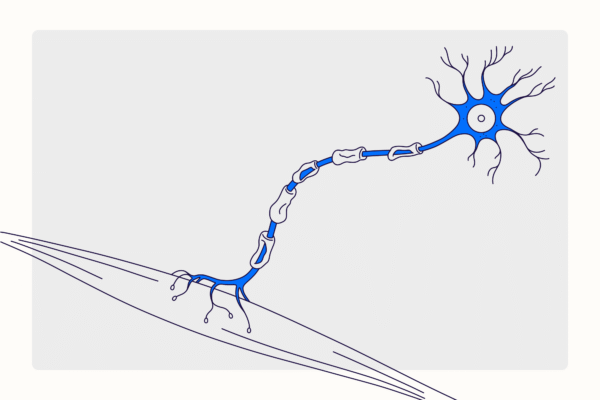
Can Magnesium Cause Headaches?
Several factors can trigger headaches, including certain foods and nutritional deficiencies. Magnesium is an essential nutrient that supports many processes in the body, such as muscle and nerve function, and keeping blood sugar and blood pressure under control. While it doesn’t commonly cause headaches, not getting enough magnesium or taking too much can cause headaches…










